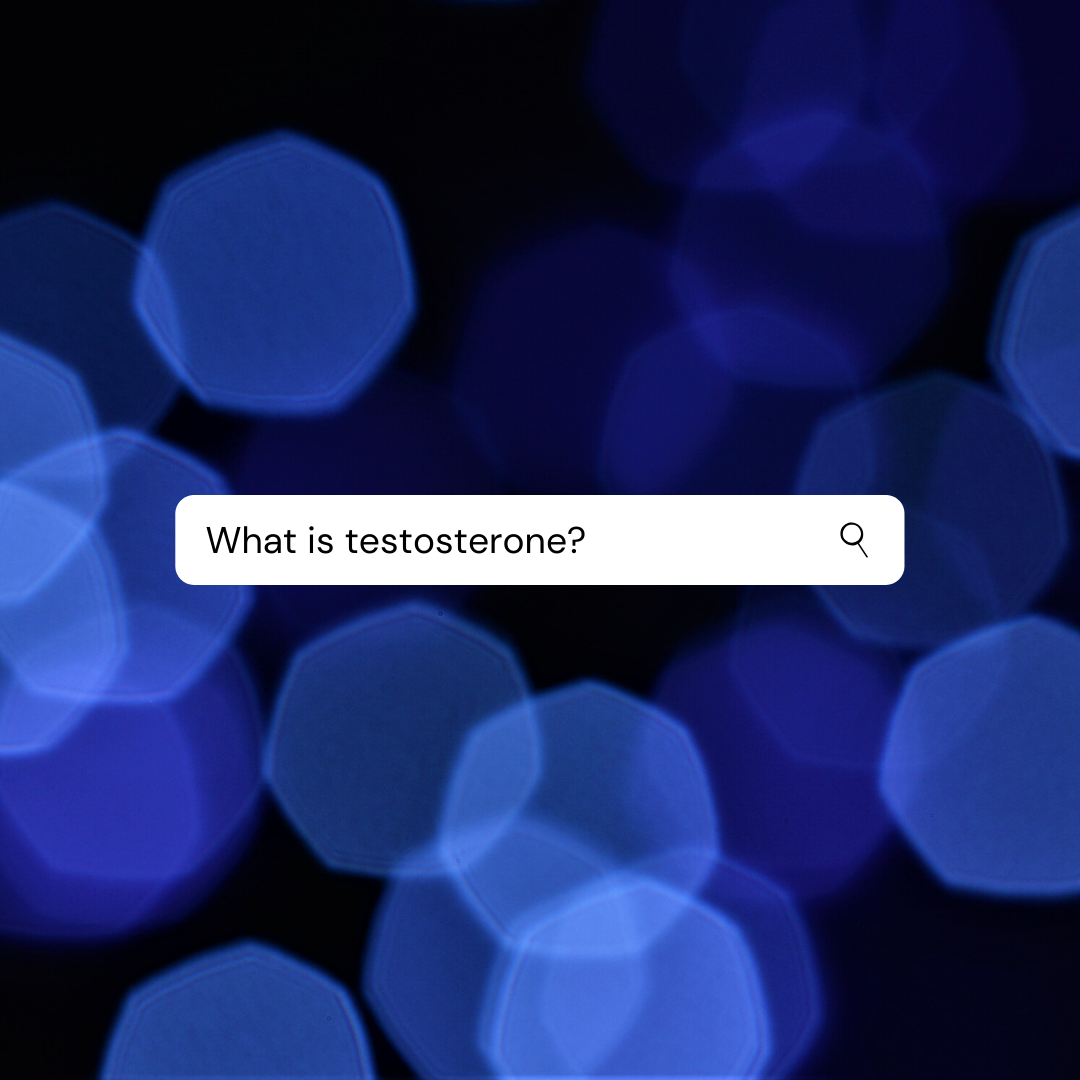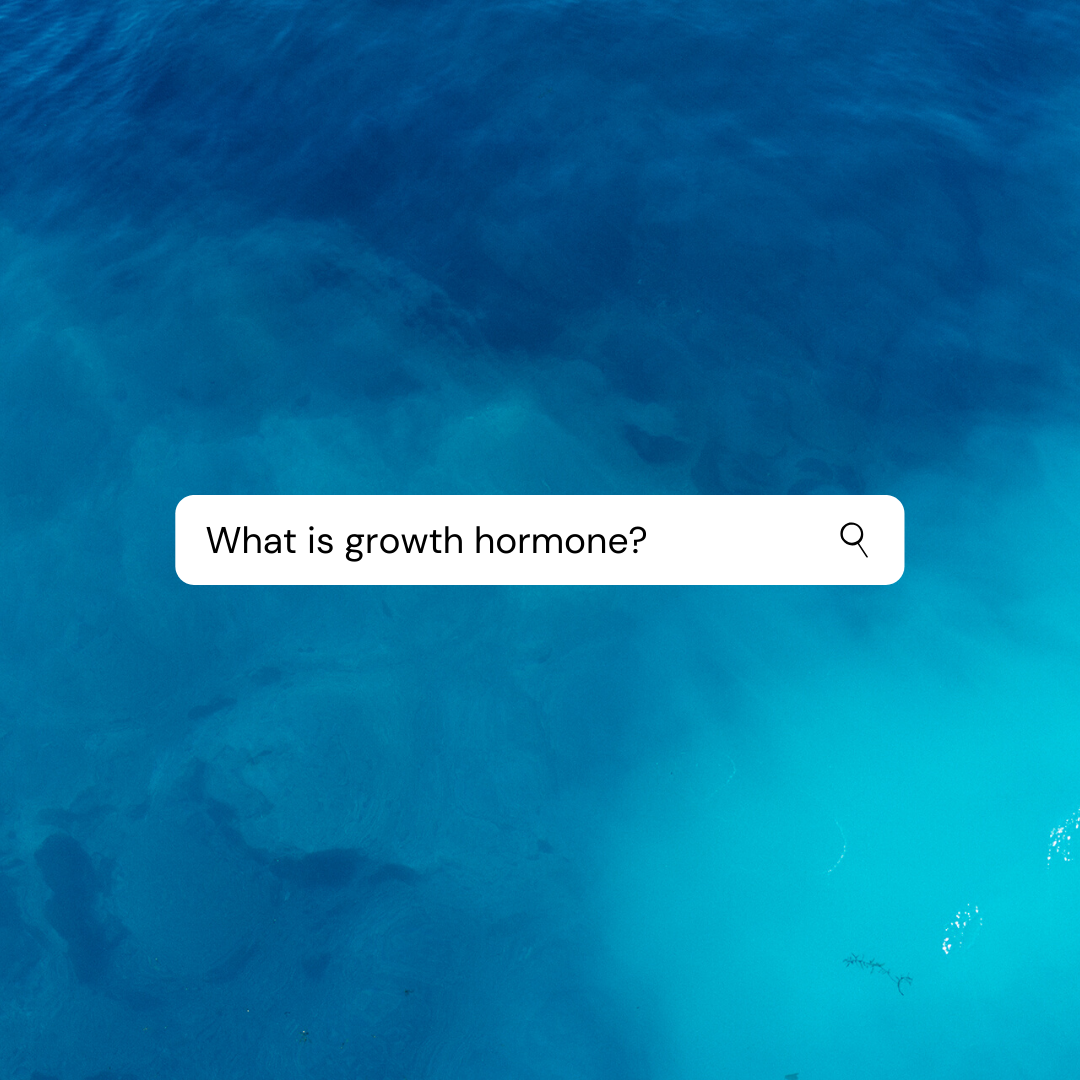What are collagen peptides?

What are collagen peptides?
In order to get a better understanding of what collagen peptides are, first let me explain what peptides are. Peptides are the building blocks required to make proteins. They are composed of a relatively short string of amino acids in a specific sequence. The sequence of amino acids is what decides the function of the peptide will be. The length of a peptide is usually no more than 50 amino acids. Once a peptide reaches a size beyond 50 amino acids, it is considered a protein.
Collagen is a protein with a triple–helical structure containing a high concentration of 3 specific amino acids. Those amino acids are: Proline, Glycine and Hydroxyproline. Collagen peptides (sometimes referred to as hydrolyzed collagen protein) are the smaller subunits of collagen and bond together to create collagen.
Collagen is an extremely important protein in the body. It’s a protein found in all the body ‘s connective tissues and is responsible for structural support. About 30% of the protein in the body is collagen and it makes up the largest percentage of protein in the body. Collagen is one of the most important building blocks throughout the body and is crucial for maintaining structural support for the body’s organs, bones, skin, hair, nails, joints and even blood vessels. Collagen is a crucial component of everything that holds any given part of our body together.
Around the age of 25 are collagen level started to decline. And as we age the decline in collagen becomes evident with a loss of integrity to skin, joints, hair, nails, etc. There is a lot of metabolic and cell senescence involved with this breakdown as well. However, it’s paramount that we give the body the building blocks it needs to repair and prevent breakdown.
I’m frequently asked questions about collagen and collagen peptides. The most frequent questions are: What are collagen peptides made of?; How do collagen peptides work?; What are the health benefits of collagen peptides?; Should I take collagen peptides? and, How long does it take for collagen peptides to work? In the next paragraphs I will address these most frequently asked questions.
What are collagen peptides made of?
As I stated above, collagen peptides are the building blocks of collagen. Most collagen peptide comes from degrading the hides and connective tissue of cows and fish. Collagen peptides from Marine sources are usually smaller peptides and therefore more readily absorbed. Many vegans do not like the idea of consuming anything derived from an animal. For those individuals the best source of collagen is through supplementing with the building blocks of the collagen peptides which would be the amino acids proline, hydroxyproline and glycine along with vitamin C, zinc and copper.
How do collagen peptides work?
Collagen peptides work by traveling throughout the body supplying cells, called fibroblasts, with the necessary ingredients or building blocks to create collagen. Due to the fact collagen peptides are smaller broken-down parts of collagen, they travel faster throughout the body and are more readily absorbed and used to form collagen. That’s why you will usually find collagen supplements in the form of collagen peptide, hydrolyzed collagen protein or a specialized amino acid supplement. The body works with these supplements in a much more efficient manner then collagen itself.
What are the health benefits of collagen peptides?
As I stated above, around the age of 25 our bodies start to decrease the amount of collagen produced. That’s not because we consume less collagen but rather because our bodies have become less efficient at both breaking down consumed collagen and producing new collagen. Therefore, supplementing with collagen peptides is an important way to help correct this deficit. Collagen peptides can have many health benefits. Supplementing with collagen peptides helps to give your skin what it needs to decrease wrinkles, plump up the skin by increasing hydration and reducing the effects of time and gravity by improving elasticity. It helps to make our hair and nails grow better and become stronger. Collagen peptides help support and protect joint strength and flexibility, potentially reducing joint pain. Collagen peptides also help to strengthen bones, prevent and improve bone density. Collagen peptides are even involved with improving the integrity of our blood vessels. So that our arteries are strong enough to support our blood pressure and help prevent worsening of varicose veins.
Should I take collagen peptides?
Most people taking collagen peptides will only experience the benefits. However, there are some individuals that may experience some GI effects such as heartburn, gas or bloating. Those individuals can try a different source of the collagen peptides, specialized amino acids preparations and/or a good digestive enzyme. In most cases this will remedy their complaint. However, should these complaints continue, they should discontinue collagen peptides supplements.
Do collagen peptides help with weight loss?
I’m not aware of any double-blind study that has been done with collagen peptides and weight loss. However, many people will anecdotally list weight loss as a benefit. This could be simply due to those individuals becoming more health conscious. Thereby, supplementing with collagen peptides and benefiting from supplementing with collagen peptides to the point where they’re feeling better, stronger and have less musculoskeletal pains. Which, in turn, leads to them becoming more active and resulting in them being in better shape and losing weight.
How long to take for collagen peptides to work?
Collagen peptides go to work within minutes of being ingested. These peptides are quickly taken up and transported throughout the body for use as building blocks to support the structural integrity of all the body’s connective tissue. So, on a cellular level, the effects are immediate. However, seeing outwardly changes usually take several months.




